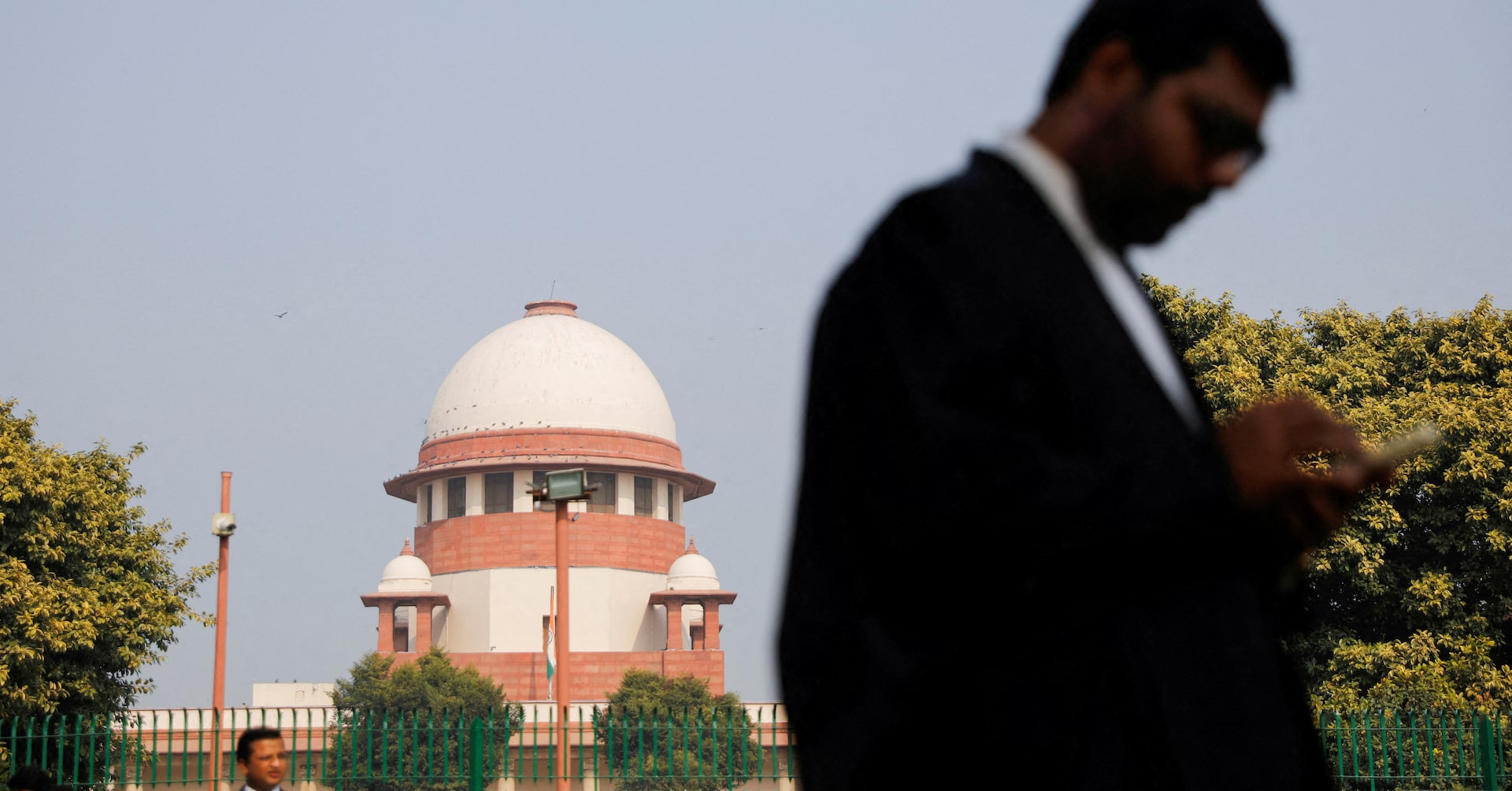NEW DELHI, May 8 (Reuters) – India’s Supreme Court has overturned a $2.3-billion steel deal that was approved six years ago by an insolvency tribunal, causing uncertainty among buyers of distressed assets and casting doubt on one of the country’s major reforms. Seven lawyers and bankruptcy experts stated that this unprecedented ruling has alarmed potential buyers of insolvent or bankrupt firms, raising concerns about the security of their investments. “Several large international funds pursuing Indian distressed assets have put their plans on temporary hold,” said Kunal Vajani, joint managing partner at Indian law firm Fox & Mandal. “One client, managing over \$3 billion in distressed debt investments globally, explicitly stated they’re recalibrating India exposure,” he told Reuters. The insolvency and bankruptcy law introduced by Prime Minister Narendra Modi’s government in 2016 is often compared to the U.S. Chapter 11 regime, empowering creditors to take control of distressed companies and either revive or liquidate them. The Supreme Court cited significant procedural lapses for its decision last week to cancel one of the most successful insolvency deals in India’s history, the 2019 takeover of Bhushan Power by JSW Steel. The ruling opens the possibility for successful bids to be challenged based on compliance issues, ignoring the practical realities that complicate India’s judiciary. “People will now hesitate to take over sick companies out of fear that years later things can suddenly be reversed,” Vijai Pratap Singh, a former insolvency tribunal judge, told Reuters. India’s lengthy tax investigations and court proceedings often frustrate domestic and foreign investors. The Supreme Court said its reversal was necessary due to an “entire spectrum of lacunas and flaws” in the takeover process, including a delay of up to 900 days by JSW in paying its creditors. — new from Reuters
